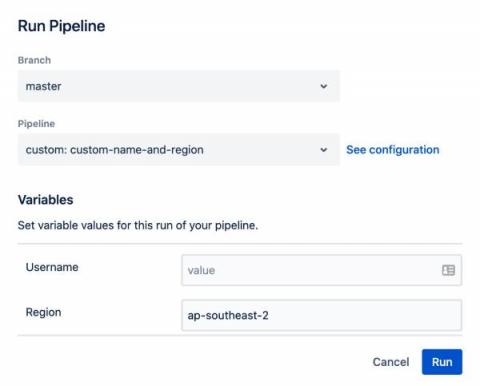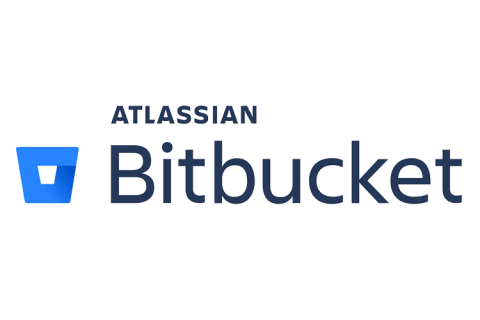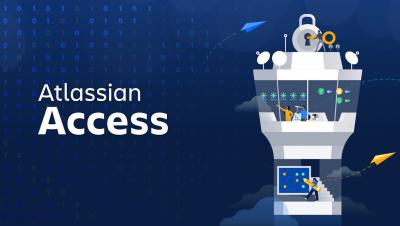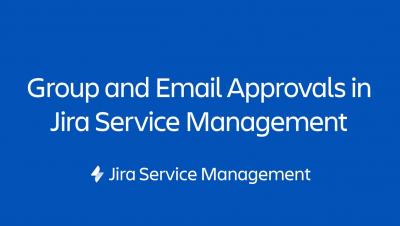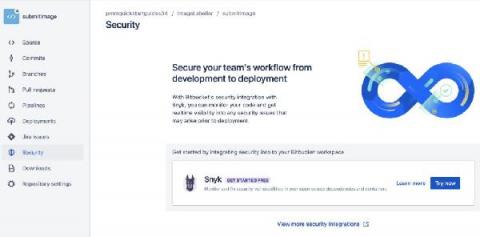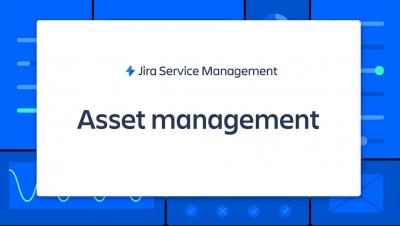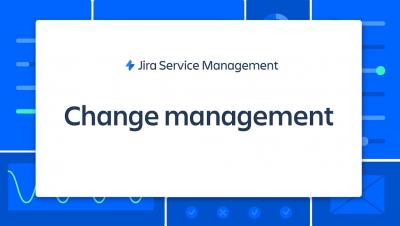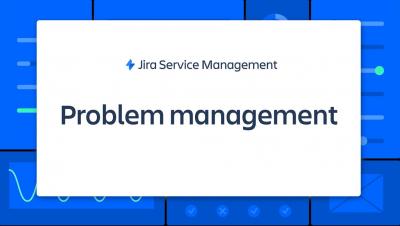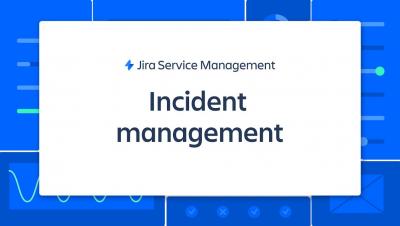Introducing default values for custom pipeline variables
Support for including default values in custom pipelines has been a highly requested feature. We are happy to announce that this feature is now live. Providing a default value helps avoid errors when you manually trigger a custom pipeline. If you often rely on the same value for certain variables, it can be frustrating to get a failed build when you forget to specify the value or have a typo when providing the value.


